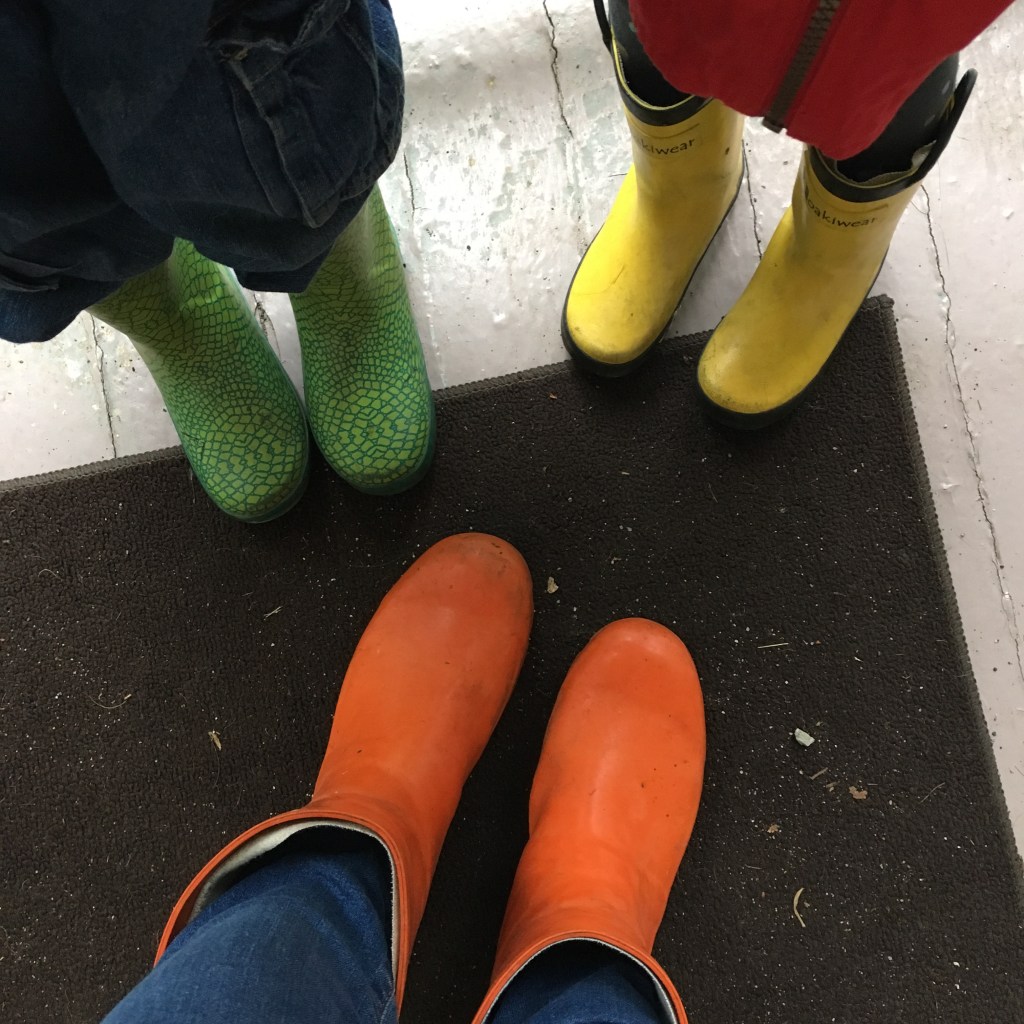
I glanced at my phone this past Friday while waiting in line to order a sandwich. The Apple News headline notification popped into view. “Supreme Court Overturns Roe v. Wade in 5-4 Vote.” My vision turned to a dark tunnel on the screen and I cursed as my children watched. My reproductive rights suddenly stripped, unbeknownst to me, on a seaside family vacation.
The concept of choice has become important to me in the years since Tim died. The fine line between a life worth saving and one best gently terminated. The gray area of life and death and all that exists in the in between.
We make a lot of assumption about what we might do in the situations that others face. It is simple to sit from the comfort of our own hazy naiveté and speculate as to the choices we might make when faced with terrible things. We judge others for how they handled the midnight house fire, the drunken lover’s attack, the diagnosis, the unexpected pregnancy. It’s easy to do so when we ourselves have not faced the unimaginable. When the greatest choices we have faced in our own lives revolve around real estate investments and car makes and models and which brand of pasta is on sale at the grocery store. We build protective boxes made of mental cardboard and lie to ourselves about the foreboding storm clouds on the horizon. Because to survive this world, and all the terrible scary scenarios it poses, we must ignore the vast majority of realities other people face. The realities we may one day face.
I’m sensitive about the concept of choice. Because I made a choice.
I didn’t make a choice to terminate a pregnancy. I did not make a choice about some obscure cluster of cells that may of may not one day develop into a child. I made a choice about a man. A grown man. A son and husband and brother and father and friend. A living, breathing man who was loved by many, and loved them in return.
I chose to end his life.
Five years later, I still think about that choice. In the hospital conference room, while talking to his neurologist, it was clear that Tim’s brain damage was profound. We were told that if he were to live, we would most likely be in a vegetative state. That he would never walk or talk again. That he would exist with the need for full time care. But to be honest, I didn’t ask a lot of questions.
I didn’t ask whether or not he would still hear music. I didn’t ask if he might still enjoy the taste of peanut butter cup ice cream. I didn’t ask if he might still feel joy while being strolled through a sunny park, with a soft floral breeze on his skin. If he might have understood and appreciated our conversations with his unmoving body. He might have. Maybe. Or maybe he would have just died.
I didn’t ask, because I knew I couldn’t risk the reality of it. I was a stay at home mother. My toddler wasn’t yet potty trained, and my baby was still breastfeeding. I couldn’t take care of a grown man in need of 24/7 nursing care. I couldn’t afford it. I couldn’t face a life married to a man who couldn’t verbalize or move on his own. A life where I couldn’t provide normal childhood experiences to my kids, because of the cost and time of their father’s nursing and therapies. I didn’t want any of that. He wouldn’t have wanted that either.
But that doesn’t mean that Tim couldn’t have still lived. Maybe he would have. Maybe, in time, with consistency and therapies and surgeries and thousands and thousands of dollars in care, he could have survived, maybe thrived. And maybe he would have been happy. And maybe the kids would have grown up knowing some semblance of their dad. Maybe he could have beat the overwhelming odds, and like some heartwarming viral news story, he could have ended up having a simple but worthy life.
But he didn’t. Because I made the choice to remove his ventilator, and remove his dialysis, and increase his fentanyl, and let him die.
I don’t regret it.
We all are born into this world. And we all transition out of it. I gave Tim 13 years of love and companionship. I gave him two beautiful children, and fulfilled his dream of becoming a father. I gave him a beautiful death, surrounded with love and stories and music and lavender scented hand massages. That was what I could give him.
I am one of the millions of people who have made the choice to end another person’s life. I am one of the people who have faced the harsh, gut churning realities of trauma, and made an impossible decision on part of another human being. A decision nobody ever wants to make. For a real, flesh and blood, human being who I had loved, physically, mentally, emotionally, spiritually. In that situation, I could have made different choices. I could have explored other options and gotten second opinions. I could have tried harder and given him more time. I could have asked for more tests and hoped and prayed for a one-in-a-million miracle. I could have crowd funded for nursing care and a hospital bed and a wheelchair accessible van. But I didn’t. I let my love die. Because it was the most compassionate and just thing I could think to do for the both of us.
I sometimes wonder what people really think about the choice that I made. Perhaps you are reading this now, looking at the life I have build in the aftermath, and judging my actions. But I challenge you to dig deep. To bend your mind around the unthinkable realities you too could one day face. You are not immune from the chaos.
Nobody knows what exactly they might need to do when the terrible things arrive at their doorstep. Nobody can say with complete certainty. What we do know if that life is complicated. And ending a life is complicated. And medical decisions are complicated. And those of us who have never been faced with a difficult or challenging choice truly have no idea what we would actually do until we are there in that moment.
I made a choice. A hard choice. I live with it. It was the best I could do.
That’s all any of us can do.
































 Tomorrow is Thanksgiving 2019. My third without Tim. Unlike last year, I am feeling well, and excited to host a group of family and friends at Hopewell House tomorrow at noon. Entering into the holiday season with a renewed sense of connection, purpose, strength, and love. In Tim’s words, “livin’s alright”.
Tomorrow is Thanksgiving 2019. My third without Tim. Unlike last year, I am feeling well, and excited to host a group of family and friends at Hopewell House tomorrow at noon. Entering into the holiday season with a renewed sense of connection, purpose, strength, and love. In Tim’s words, “livin’s alright”.








